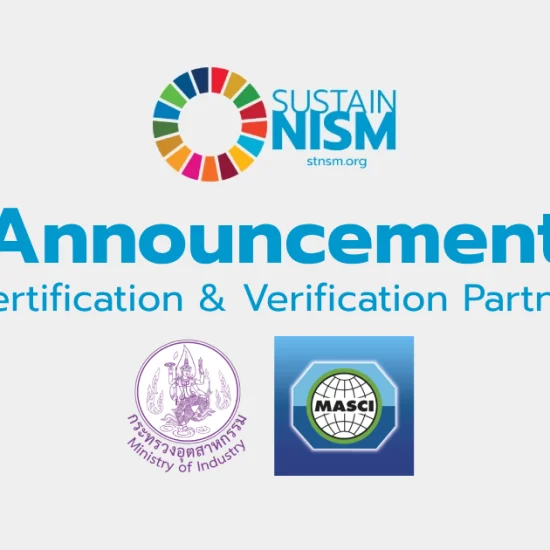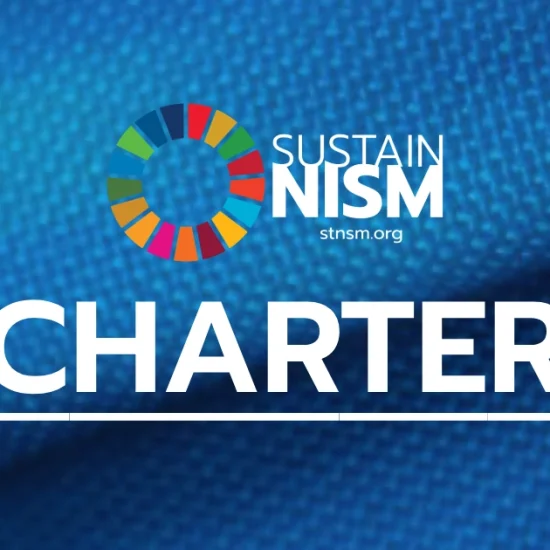In today’s rapidly evolving business environment, Sustainability is no longer a peripheral aspiration—it is a decisive factor in determining an organization’s credibility, market position, and long-term viability. Yet, as the demand for alignment with the Sustainable Development Goals (SDGs) grows, so too does the risk of SDG Washing—the practice of making unsubstantiated or misleading claims about contributions to the SDGs without verifiable evidence.
Avoiding SDG Washing begins with a disciplined approach to SDG Custodian Reporting—a reporting methodology anchored in official United Nations indicators, transparent data sourcing, and alignment with the National SDG Framework. Only through this rigorous process can reports be seamlessly integrated into the UN SDG Global Database and recognized as credible contributions to global progress.
Principles of SDG Custodian Reporting
A credible sustainability report must:
- Link explicitly to official UN indicators (Goal–Target–Indicator framework).
- Specify the reporting year and traceable data sources.
- Ensure all figures are verifiable data supported by metadata and quality assurance.
- Align with the National SDG Framework of the reporting country.
- Include a methodological note to ensure replicability and transparency.
From Policy to Outcomes: A Comprehensive Framework
1. Corporate Profile & Context
Begin with a concise overview of the organization, operational context, and sustainability positioning within the global ESG landscape.
2. Sustainability Policy Review
Present the organization’s Sustainability Policy, directly linked to relevant SDG Goals and ESG principles, showing alignment with international commitments.
3. Strategic Sustainability Targets & Buyer Risk Linkage
Outline time-bound targets and explicitly connect them to Buyer ESG Risk—demonstrating how the company’s actions safeguard buyers from compliance and reputational risks under emerging regulations such as EU CSDDD and CBAM.
4. Indicators & Metrics with Buyer ESG Risk Impact
Select indicators from official UN lists, detailing their measurement methodology, and explain their direct or indirect influence on reducing buyer exposure to ESG-related risks.
5. Implementation Process & Buyer Engagement
Describe step-by-step actions, from internal integration to external stakeholder engagement, with a focus on structured communication and collaboration with buyers across the supply chain.
6. Performance & Outcomes with Risk Mitigation Evidence
Report tangible results, supported by verifiable data, showing how the company’s initiatives mitigated buyer ESG risks while achieving sustainability outcomes.
7. UN-Compatible Reporting Format
Prepare reports with standardized metadata tables and methodological documentation to ensure direct compatibility with UN submission protocols.
SDG Washing: A Threat to Credibility
SDG Washing undermines the legitimacy of sustainability claims, erodes stakeholder trust, and exposes organizations to reputational and compliance risks. Examples include:
- Using SDG logos without linking them to relevant official indicators.
- Reporting figures without traceable sources or metadata.
- Making claims without disclosing calculation methodologies.
- Producing reports that fail to align with the national or UN reporting formats.
SDG Washing Self-Assessment Checklist
- Does your report explicitly link each claim to official UN indicators?
- Are the reporting year and data sources clearly specified?
- Is there metadata and QA/QC documentation for all reported data?
- Have you mapped your reporting to the National SDG Framework?
- Can all outcomes be independently verified and replicated?
- Has your report been validated by a credible third party?
- Have you assessed and disclosed the impact on Buyer ESG Risk?
Sustainism Initiative serves as the Field Implementation Arm under the Agricultural and Food Marketing Association for Asia and the Pacific (AFMA), an intergovernmental organization established under the auspices of the United Nations Economic and Social Commission for Asia and the Pacific (UNESCAP) and the Food and Agriculture Organization of the United Nations (FAO).
As an operational partner of AFMA, Sustainism plays a critical role in supporting the mandates of SDG Custodian Agencies through the following functions
- Providing Guidance on Accurate Reporting in Line with United Nations Standards
Supporting both public and private sector entities in preparing SDG progress reports in full alignment with the Official UN Indicators and the National SDG Framework, while offering expert advice to prevent SDG Washing and strengthen transparency through verifiable, evidence-based data. - Data Collection and Verification
Developing and coordinating robust verification mechanisms to ensure that data submitted to the United Nations reporting systems is accurate, complete, and properly sourced. - Facilitating Data Integration with United Nations Databases
Enabling seamless integration of data from Member States and the private sector into the UN SDG Global Database. - Designing and Implementing Field-Based Projects
Developing initiatives that deliver measurable, verifiable outcomes in accordance with UN indicators, while addressing the ESG-related requirements of international buyers. - Serving as a Platform to Connect Businesses with Global Markets
Organizing initiatives and platforms that enable businesses to access markets requiring supply chains aligned with the SDGs and internationally recognized ESG standards.
The Bottom Line
Avoiding SDG Washing is not merely about preventing reputational damage—it is about ensuring that corporate sustainability reporting serves as a credible, verifiable, and actionable contribution to global sustainable development. Organizations that embrace SDG Custodian Reporting not only uphold international standards but also strengthen their competitive position in a global economy increasingly shaped by sustainability-driven procurement, investment, and regulatory frameworks.




